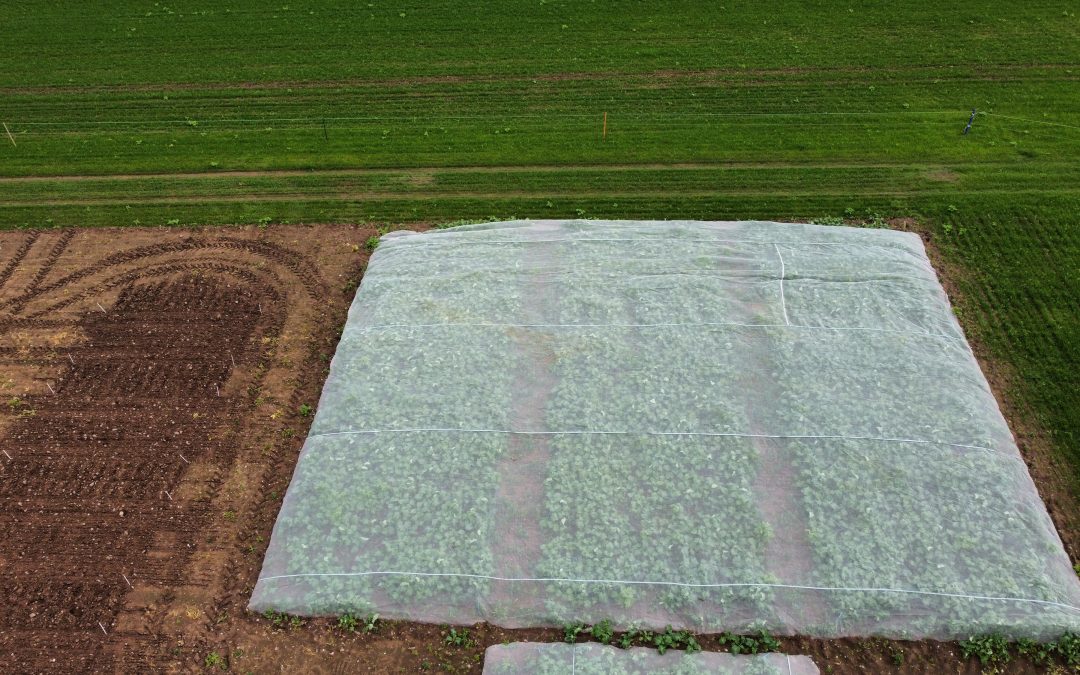A first for Emerald Research Limited and a first for Cereals….
After ten years of trading, Emerald Research Ltd (ERL) will be exhibiting under its OptiYield brand for the first time at Cereals 2023, which is being held at the Thoresby Estate on the 13th and 14th June – on stand 308 situated in the trials area. In a first for the Cereals event, the trial plots will be taken right through to harvest as working replicated trials with Ceres Rural acting as the impartial trials manager.
The hypothesis that will be tested will be ‘Crop growth not only responds to adequate nutrient supply and control of pathogens. Biostimulants and balanced foliar nutrition have the ability to further enhance crop growth by stimulating internal biochemical pathways, reducing stress, improving nutrient flow and increasing plant hormonal activity.’
The crop trial will cover Winter Oilseed Rape (WOSR) and Winter Milling Wheat (WMW) and the same approach will be taken with each crop, with three treatment combinations tested against a ‘control’ which is a widely accepted farm standard treatment.
The key elements of the trials will be: –
- Spring applied microbials to improve vigour and nutrient availability
- Spring applied foliar magnesium, phosphate and micronutrients
- 3 treatment rates of foliar nitrogen (Folia-N) vs. conventional applications
Evaluation of the plots will be assessed by measuring: –
- Speed and vigour of emergence vs ‘conventional’ control
- Relative growth vs ‘conventional’ control
- Foliage disease onset vs ‘conventional’ control
- Final yield and qualities vs ‘conventional’ control
Foliar Nitrogen Focus
The foliar nitrogen that is being used in the trials can be applied at full rate without any scorch, giving 95% nutrient use efficiency, providing both environmental and financial benefits. This comes at a time when environmental challenges are making these decisions even more important.
The UK Centre for Ecology and Hydrology has highlighted that “without unseasonably sustained rainfall in the next few months, the South West of England and East Anglia are at risk of drought in what is a critical growth phase for most crops.” Leading soil scientist and ERL’s CEO, Simon Fox, explained: “Following the driest February in 30 years, farmers should be looking to move to foliar applied nitrogen because it works in dry /drought conditions, unlike prilled fertiliser, which sits on the soil waiting for rain.”


